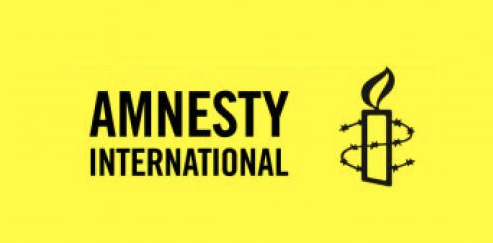Authorities in Arkhangelsk Oblast (north-western Russia) have clamped down on peaceful protest against the construction of a dumping site with arrests, bans and heavy fines.
On 7 April 2019, activists protesting against a landfill site construction project in the locality called Shyes planned a rally at Lenin Square in the centre of the regional capital Arkhangelsk. Regional authorities banned the protest claiming that a sports event was scheduled on that day at the square. They proposed a venue in a remote part of the city far from traffic or official buildings. The protest rally still took place in the original location and thousands of Arkhangelsk residents peacefully marched through the city centre. Police were present but did not intervene. No sporting event took place there at the time.
However, on 6 April police had arrested one of the rally’s organizers, Yury Chesnokov, and accused him of having failed to pay 1,800 rubles (about US$ 30) worth of fines. He was detained for three days as a penalty for this “offence”. It appears he was arrested to prevent him from joining the protest on 7 April. Although Chesnokov spent the day of 7 April behind bars, three days later he was tried for organizing the “unsanctioned” rally on 7 April and sentenced to a fine and community work. In the days after the rally, more than a dozen other protesters were arrested and tried for taking part in it.
The latest episode in a series of reprisals against leaders of the protest was the instigation of administrative proceedings against Elena Kalinina. On 26 April, she became the first person to be officially accused under the new controversial “fake news law” which had come into force a month earlier on 29 March. The authorities alleged that her post on social media in which she announced the 7 April rally amounted to dissemination of “knowingly incorrect information presented as accurate information” because she knew that the rally had been banned. Absurdly, the same official document which stated this as Elena Kalinina’s offense noted that the rally did subsequently take place and resulted in “infringement of public order”.
The “fake news law,” which came into force on 29 March 2019, has been introduced as the latest strike against freedom of expression in Russia. Under this law, an individual can be fined up to 300,000 rubles (about US$ 5,000) for “disseminating knowingly incorrect information presented as accurate information”






















